Grasping his mobile phone, Abdirizak Yussuf Mahmoud prowls the Mohamud Haybe livestock market outside Hargeisa, the capital ofSomaliland. A camel catches his eye and the bargaining begins. He shakes the hand of the trader, haggling in a silent code. Pinching an index finger adds 1,000 dollars to the price; grabbing a hand means 5,000 more.
Once agreement is reached, the handshake is broken. A quick chat confirms the details, before the sale is completed by mobile phone. No cash changes hands, no papers are signed. Instead, Yussuf Mahmoud types into his handset, the seller's phone chirps, and the deal is done.
Such scenes are commonplace in Somaliland, where innovation and technology are filling the void left by the absence of international commercial banks and formal banking infrastructure.
In the past, a purchase like Yussuf Mahmoud's would have required a signed letter authorising the withdrawal of cash from one of Hargeisa's many money transfer operators. Now the favoured transaction mechanism is Zaad, a pioneering mobile money platform inspired by Kenya's M-Pesa service.
Zaad, launched in 2009 by mobile network operator Telesom, has boomed in Somaliland. More than 10% of the region's 3.8 million people are subscribers, and Zaad account numbers are displayed on walls and shop signs. Its usage ranges from livestock trade to commerce, university fees to electric bills. Money transfer operators continue to dominate international transactions, but in Somaliland they have lost ground to Zaad.
Abdikarim Mohamed Eid, chief executive of Telesom, says people were initially sceptical about the service. "We had to win their trust. So we convinced employers to pay salaries through Zaad and created an ecosystem. If everybody accepted Zaad, everybody would pay with it."
Within a year, the strategy began to work. Subscriptions increased, and in 2011 Telesom launched Salaam, an Islamic financial institution offering services – including savings accounts, current accounts and small loans – accessible through Zaad. The financial community began to take notice, and promises of a "cashless economy" and "branchless banking" in the Horn of Africa soon followed.
Adbullahi Hassan, 24, a money vendor in Hargeisa, says Zaad has changed the way he works. "We turn paper money into 'Zaad money', so people can walk safe and carry [it] with them."
A stroll through the capital shows that cash still matters, however. The legal tender in Somaliland is the shilling, but Zaad deals in US dollars. Consequently, those most likely to use it are private sector employees, development workers, and recipients of international remittances.
"We civil servants are paid in Somaliland shilling," said Wali Daud Egal, director of planning at the finance ministry. "By accelerating the dollarisation of the economy, Zaad props up prices, and this affects us in particular."
The governor of the Bank of Somaliland, Abdi Dirir Abdi, says Zaad "causes inflation and offends the dignity of our legal tender. In Kenya or Tanzania, mobile money companies use the local currency. Why here is it different?"
There are no published studies linking Zaad to inflation, though the service does fall within a regulatory vacuum: Zaad has implemented practices compliant with international anti-money laundering standards, but there is no state regulatory framework and parliamentary discussions about a commercial banking law have dragged on. While celebrating the usefulness of Zaad, many in Somaliland acknowledge Telesom's unchecked influence on the economy.
The local money transfer giant is preparing to launch its own mobile money service, E-Dahab. Dahabshiil is often cited as one of Africa'sbrightest business stories. Its foray into mobile money will have the benefit of a far-flung network of money transfer agents, allowing Somalilanders abroad to send money home by mobile phone.
In response, Zaad is going international. After striking a deal with Tawakal and WorldRemit, two money transfer operators, it promises to shake up the remittance business.
Some say the brewing competition between Telesom and Dahabshiil has laid bare the failure of Somaliland's authorities to monitor or regulate mobile money. Others argue this focus does little to help expand access to financial services. Company bosses believe real financial inclusion will happen only when Somaliland is properly integrated into the global banking system.
Safyia Cisman Taani, a local consultant for the International Labour Organisation, points to the challenges women face in rural areas. "They have no collateral to apply for a loan, whatever the means, either in cash or in mobile money," she says. "Often they cannot even open a Zaad account because they lack an ID. Financial inclusion should go hand-in-hand with political inclusion."
Travel and reporting for this article was supported by a grant from the European Journalism Centre
Source: The Gaurdian


 1
1 
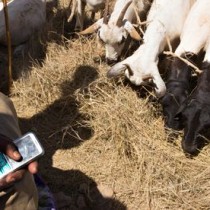
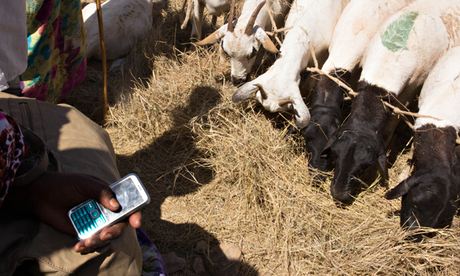
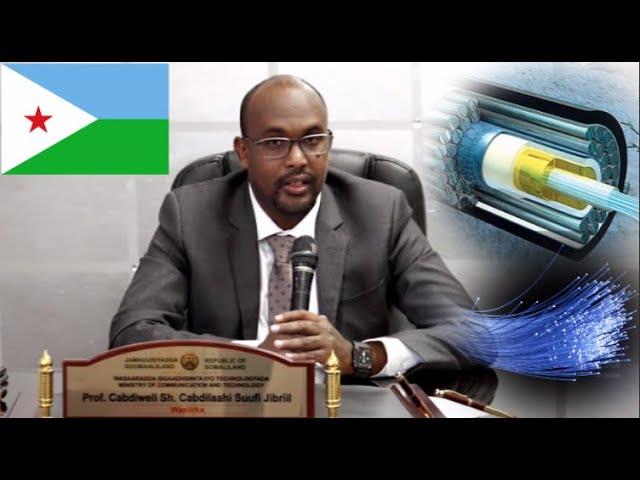
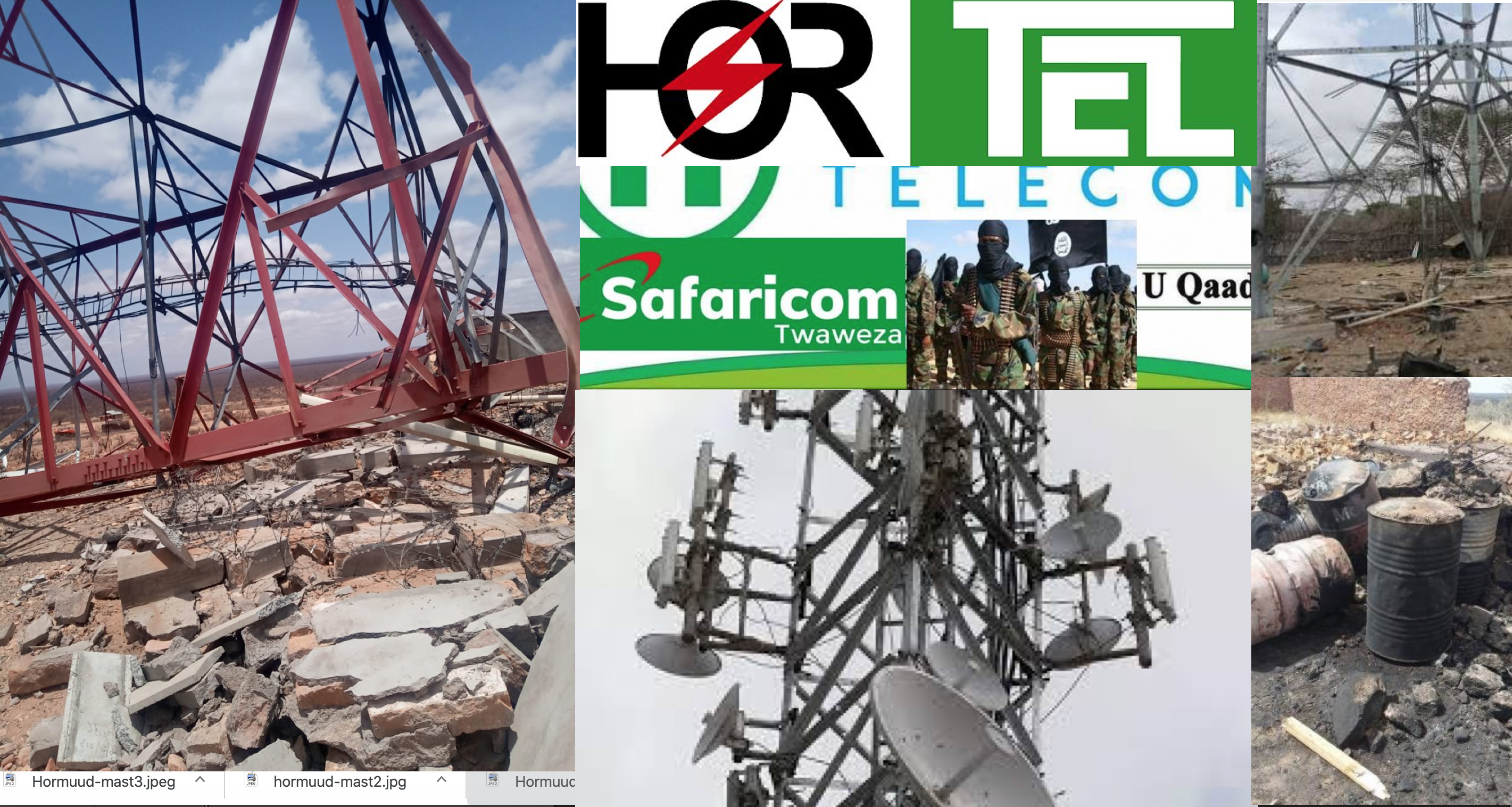

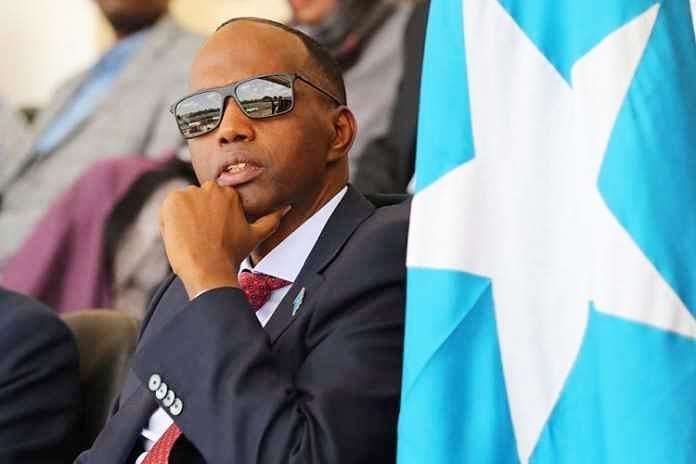
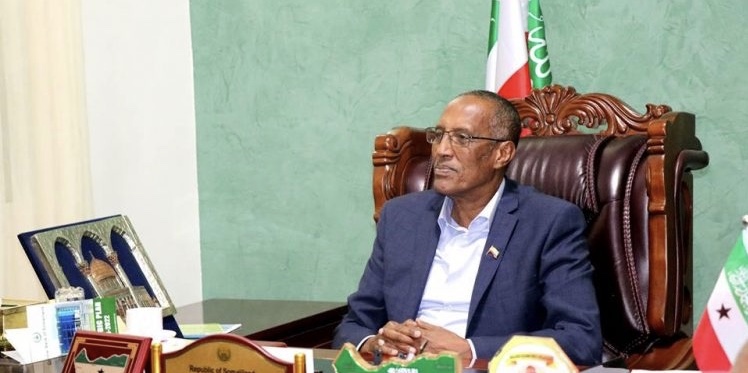

![[Daawo Video CCTV] Fadeexadii doorashadii Gudoonka Wakiiladda Somaliland oo la helay [Daawo Video CCTV] Fadeexadii doorashadii Gudoonka Wakiiladda Somaliland oo la helay](http://waagacusub.net/uploads//article/photo/IMG_811500-8B61F0-7C8133-BAA551-5E208E-F7373D.png)
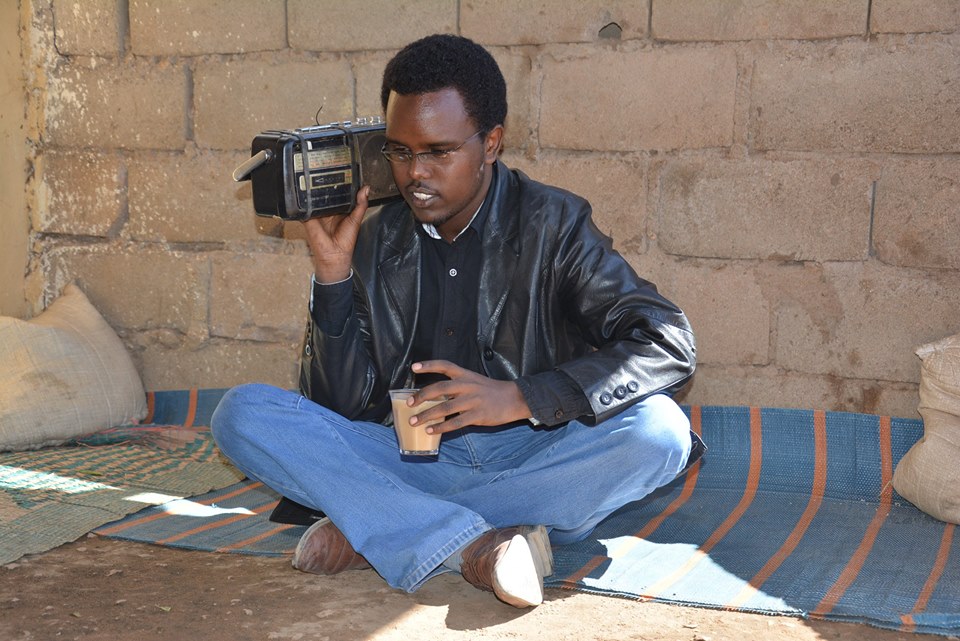
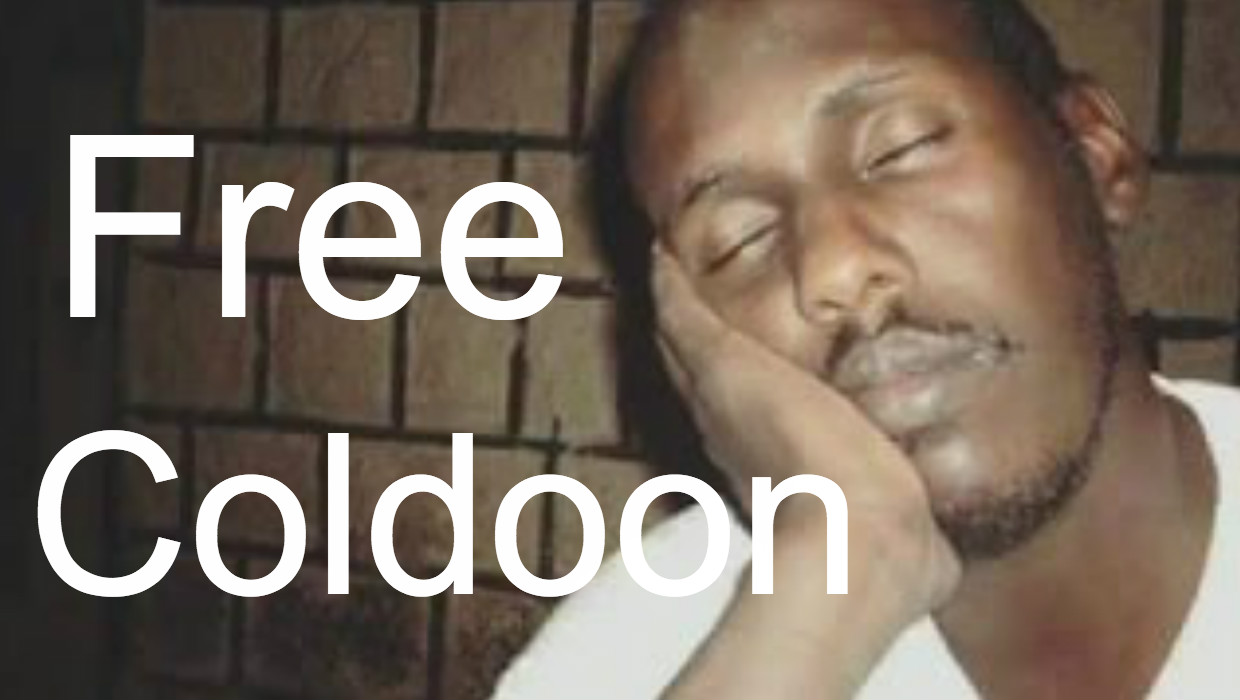
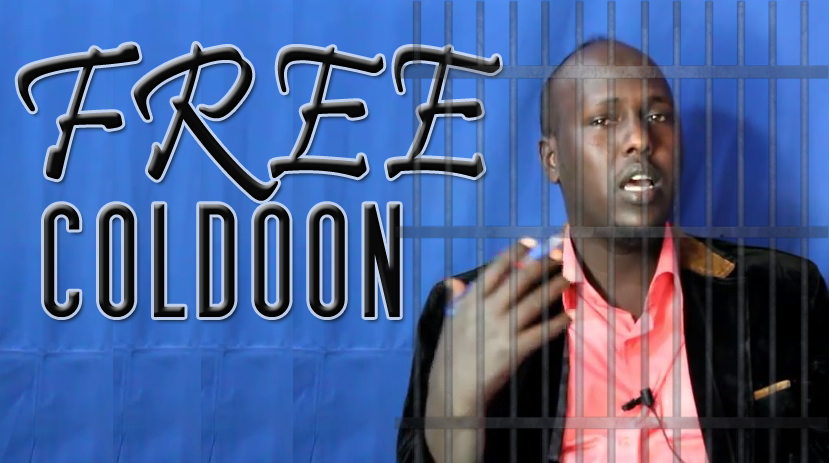


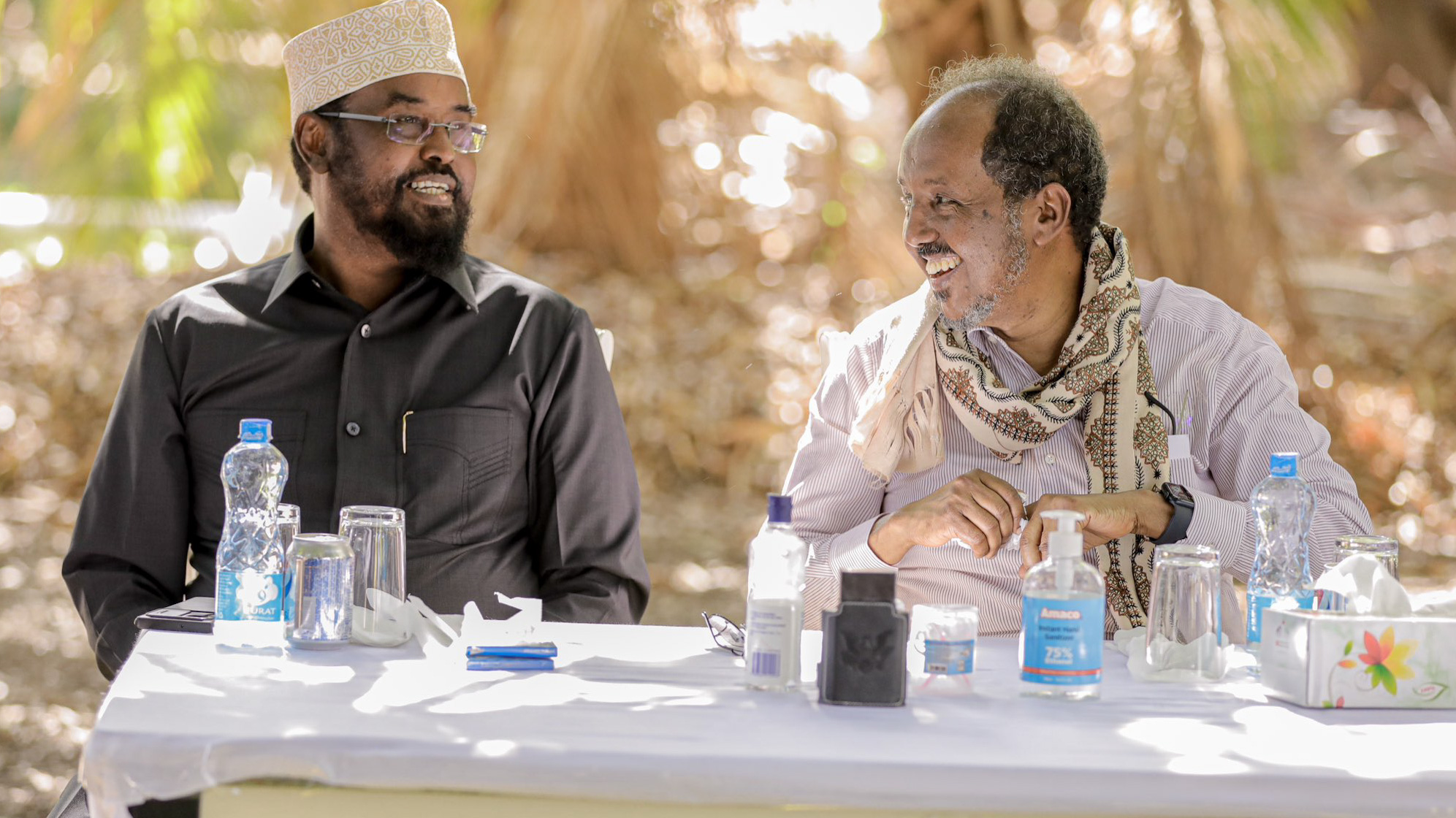
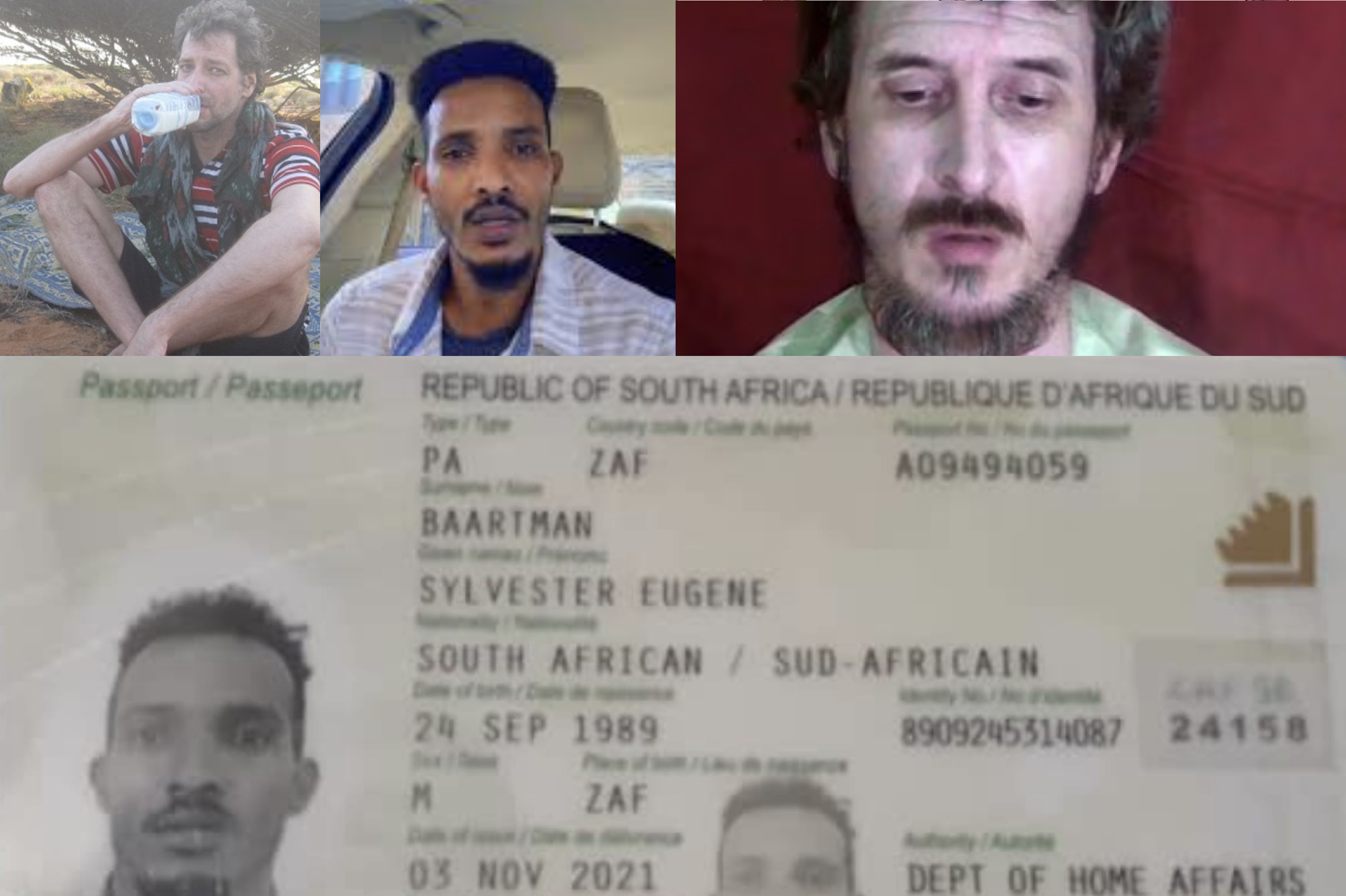
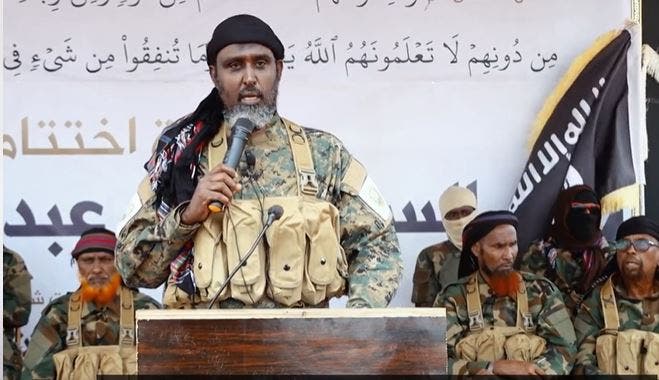
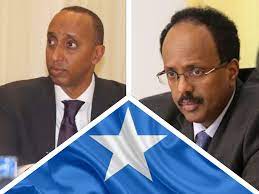





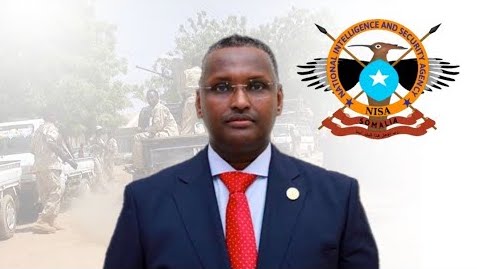
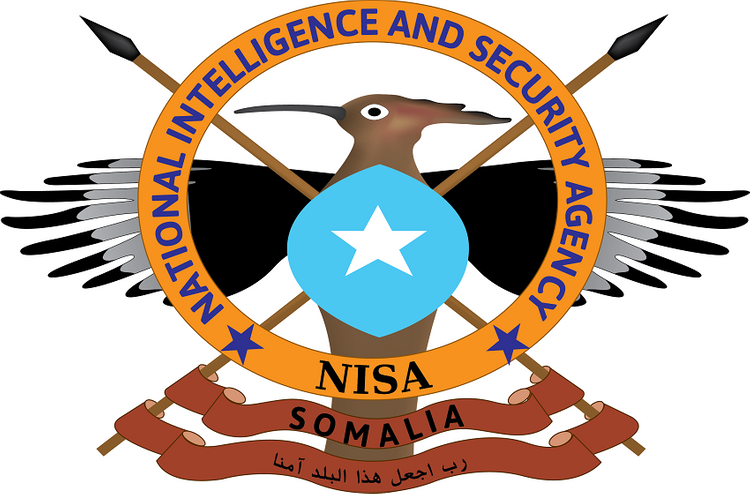
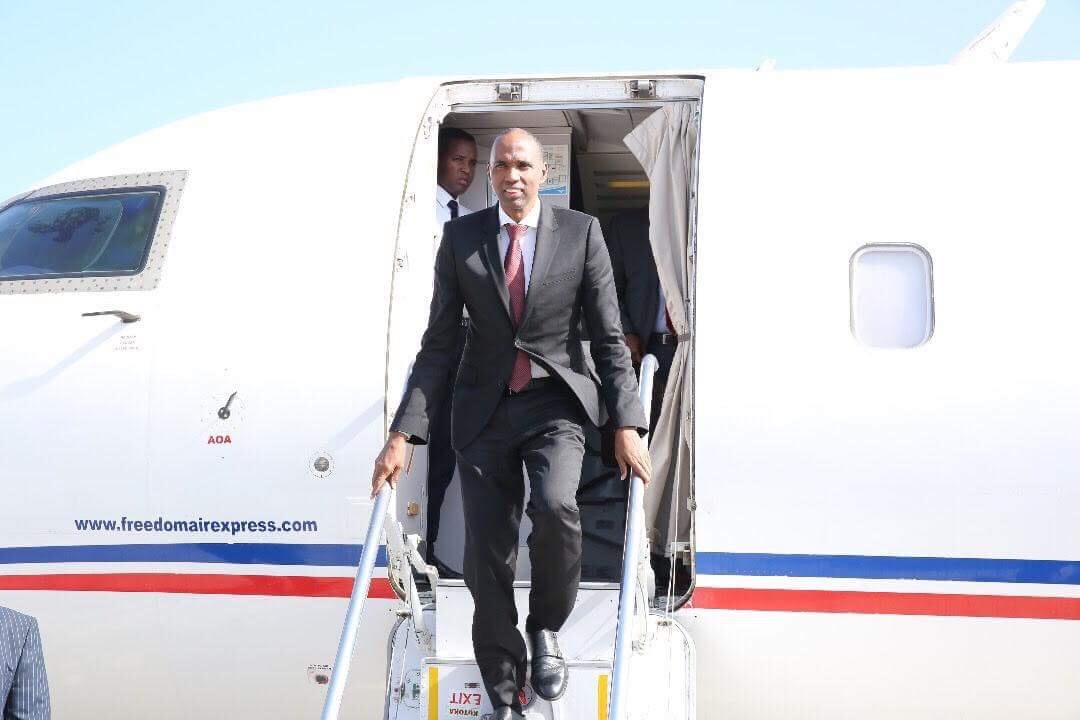
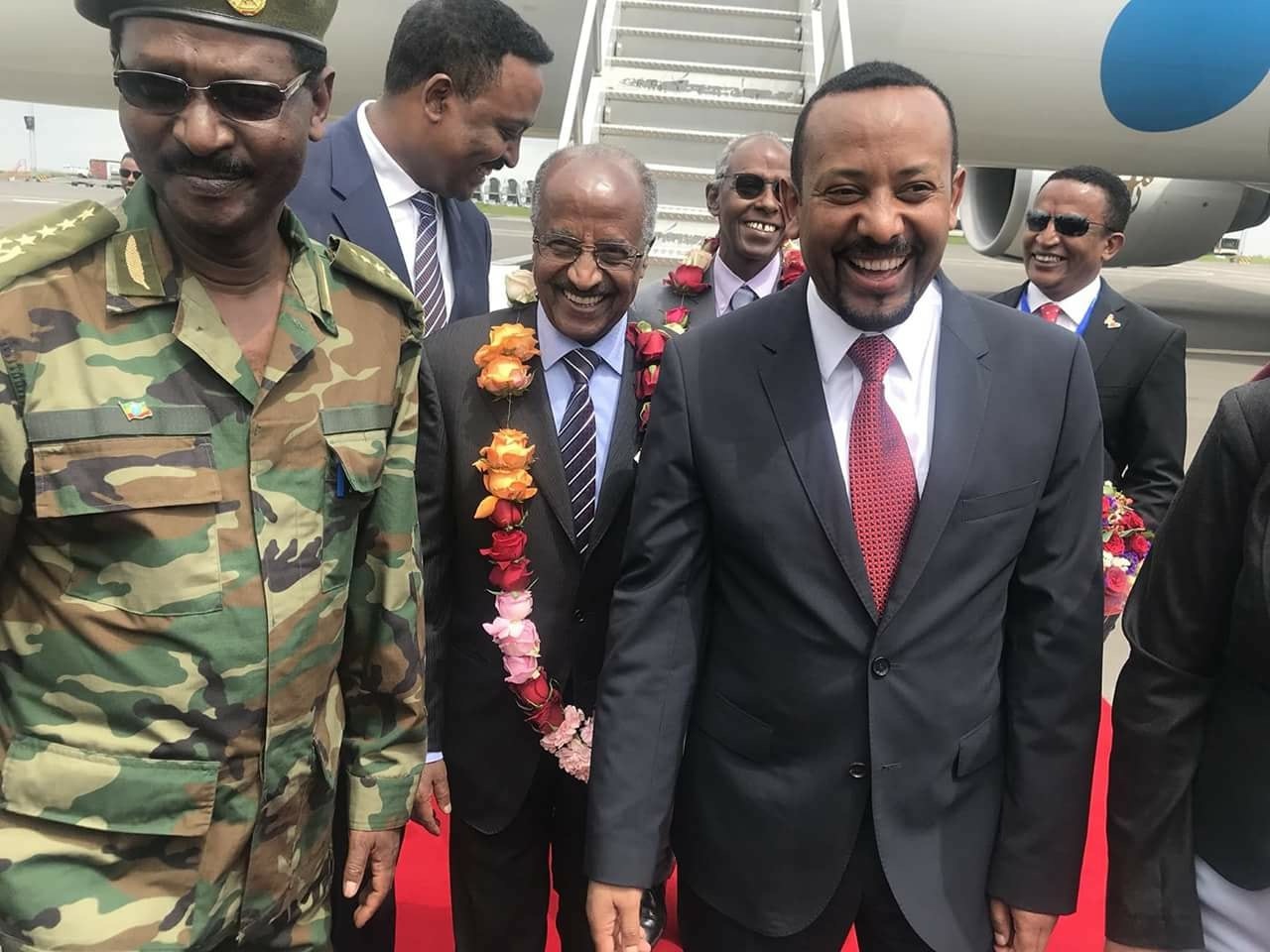

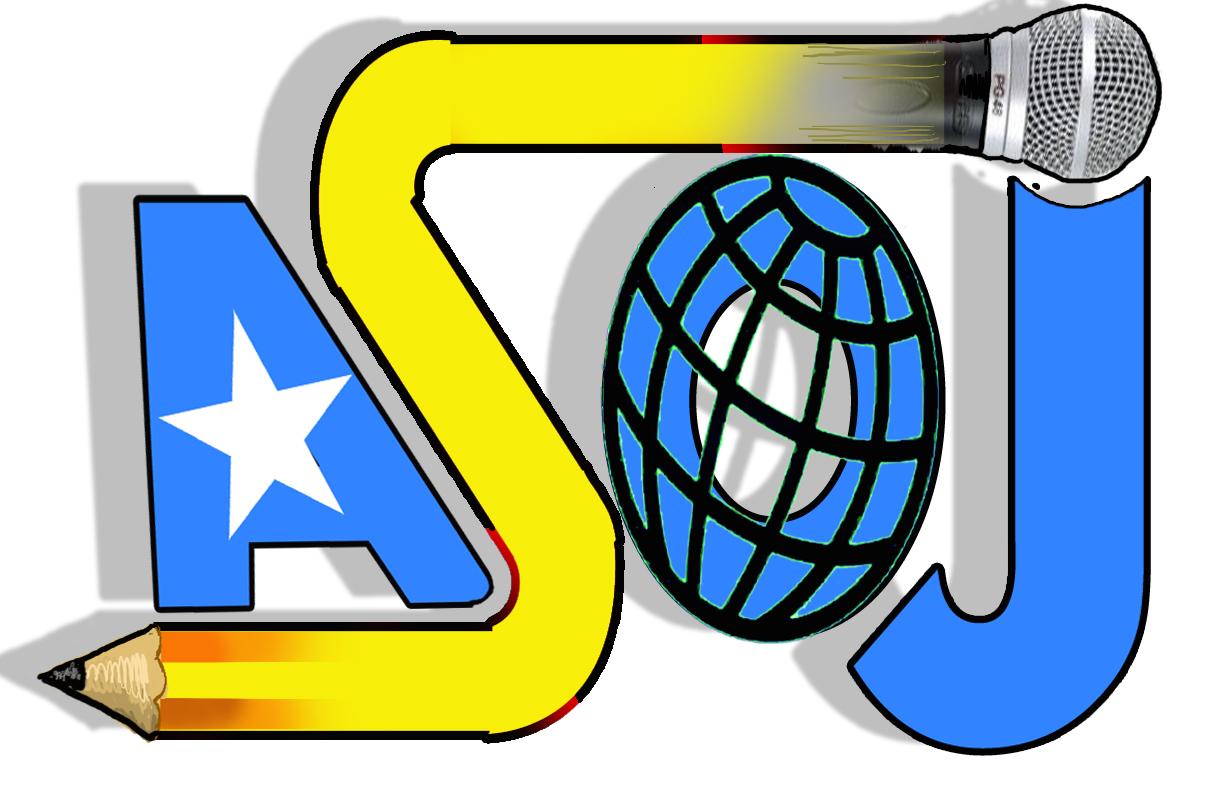
Somaliland mobile money zaad inflation economy banking remittance
Mobile money platform Zaad is booming in Somaliland, but there is concern its reliance on the dollar is damaging the economy